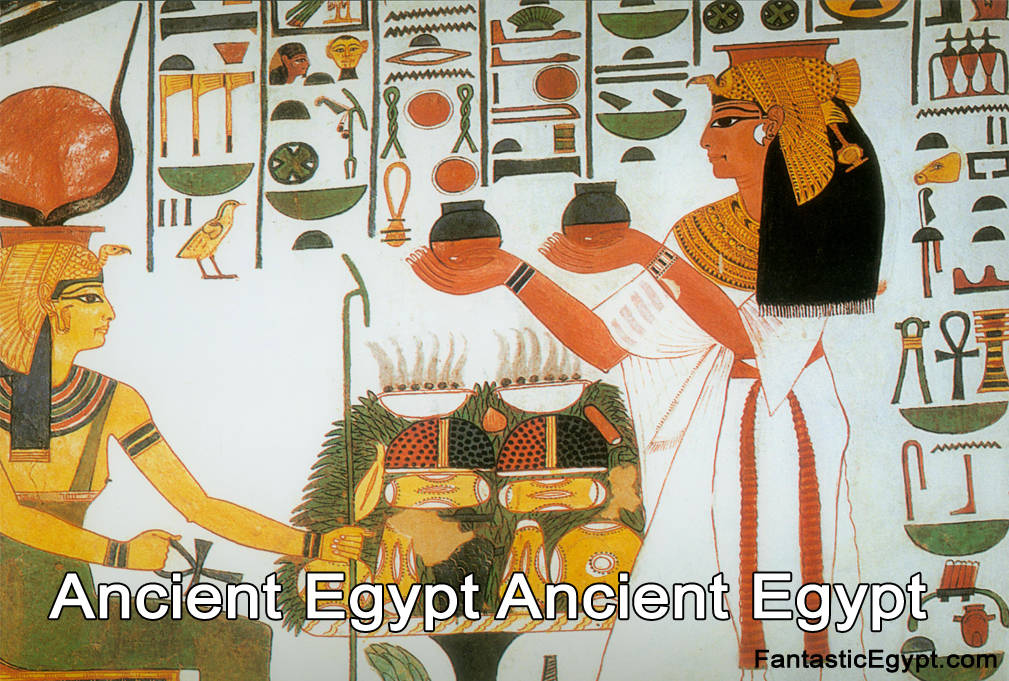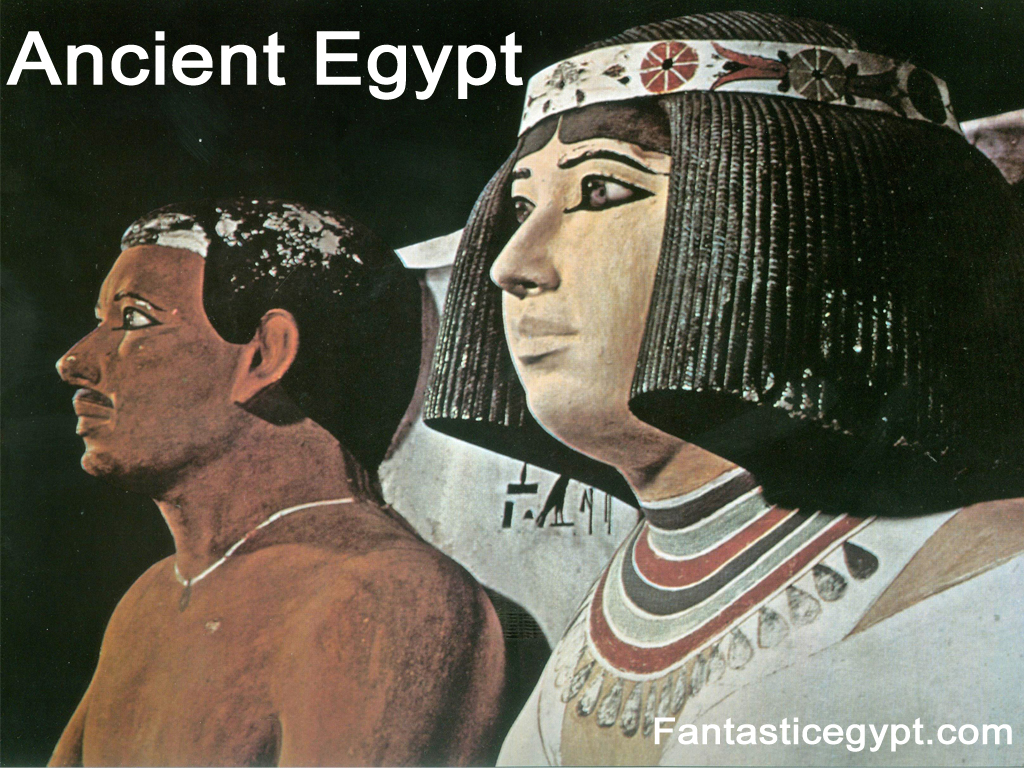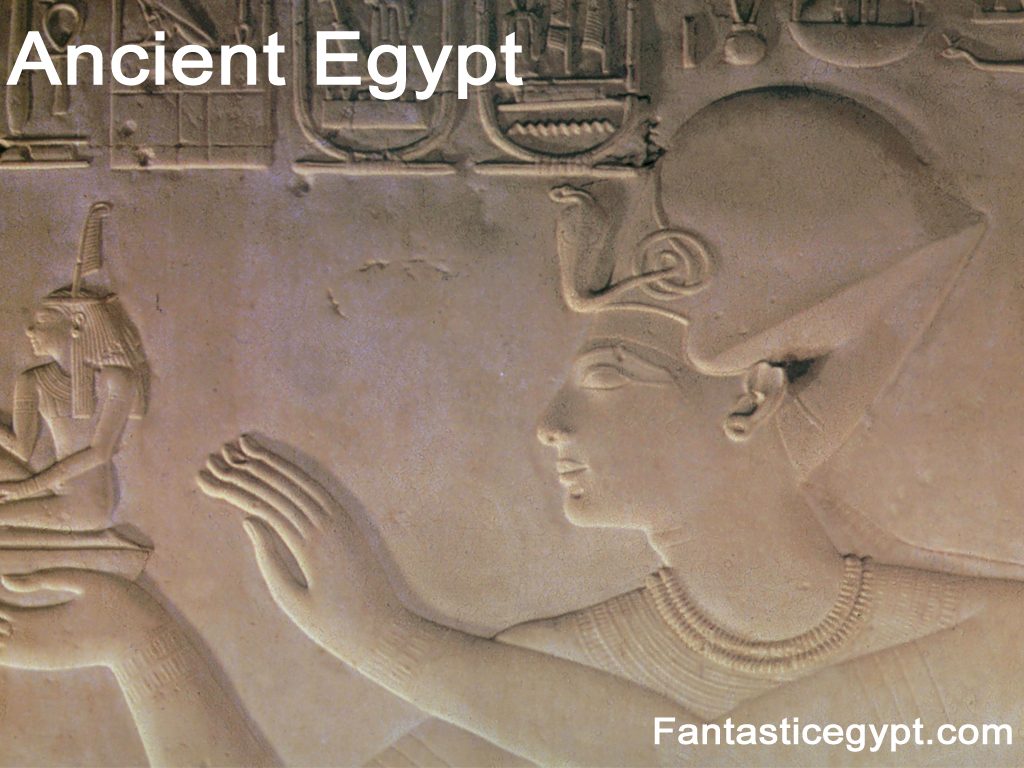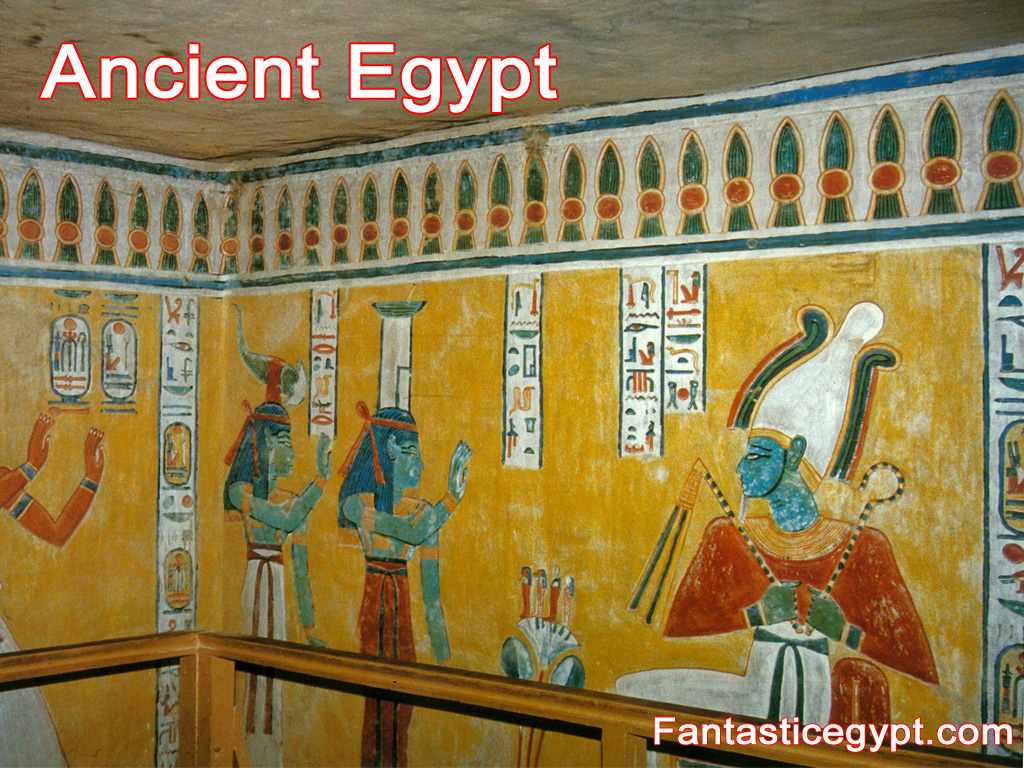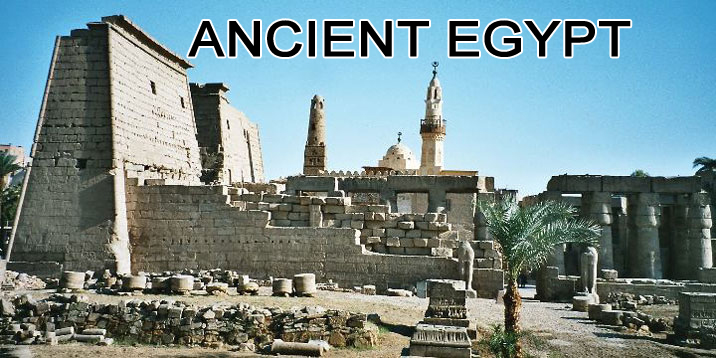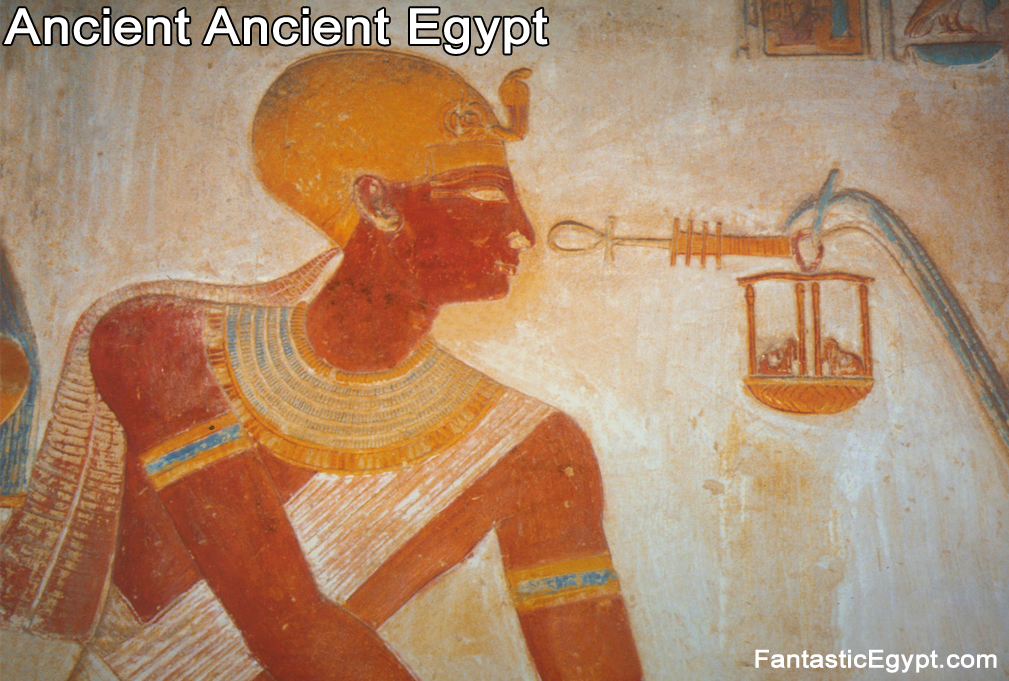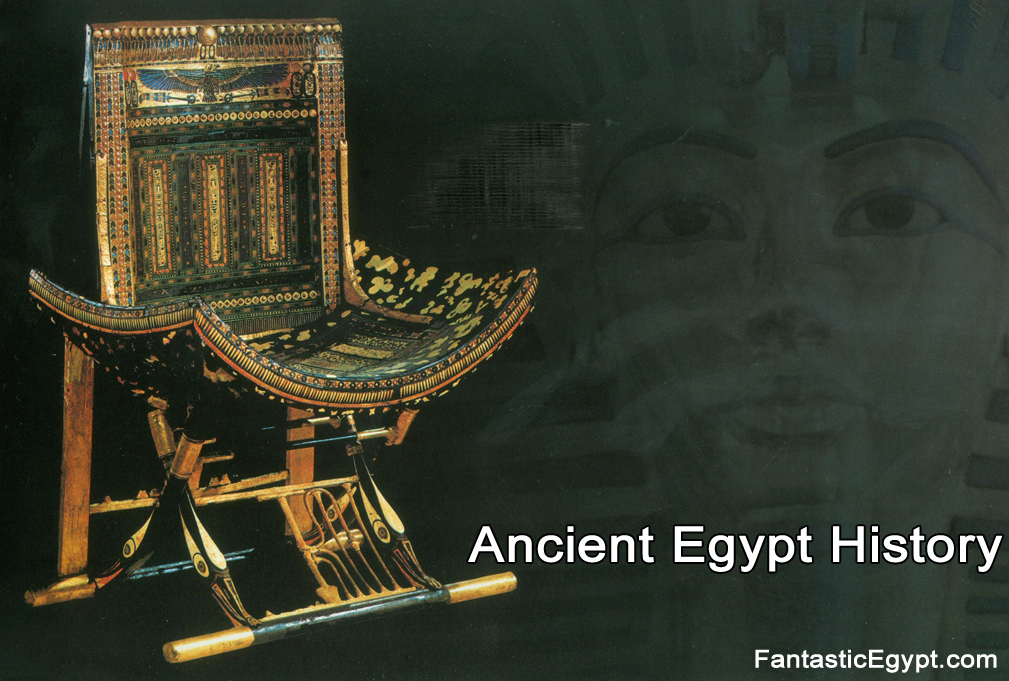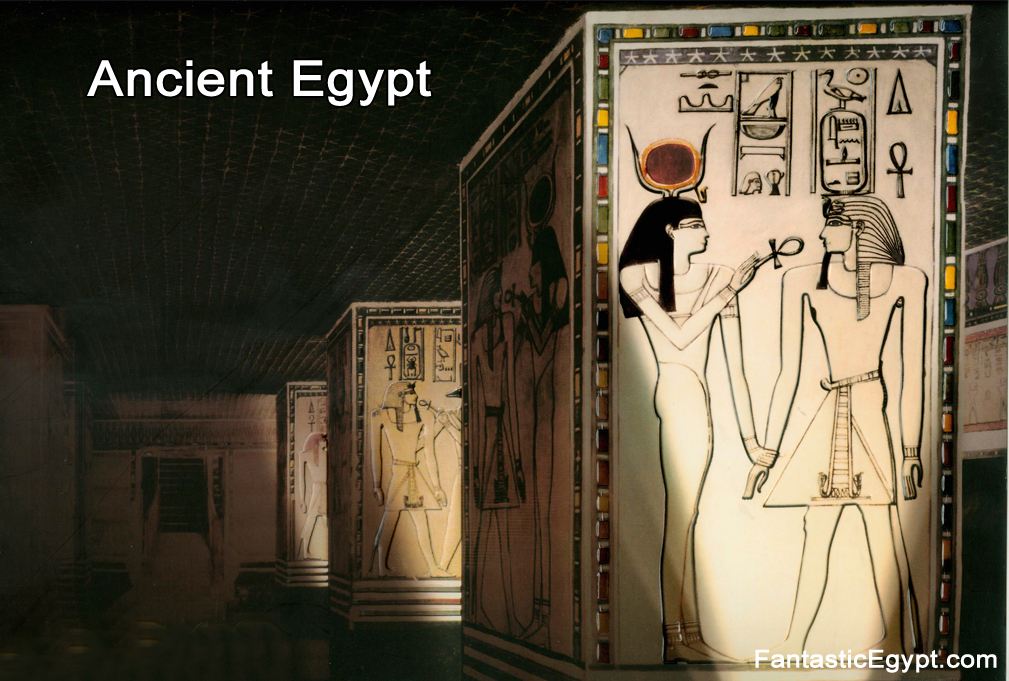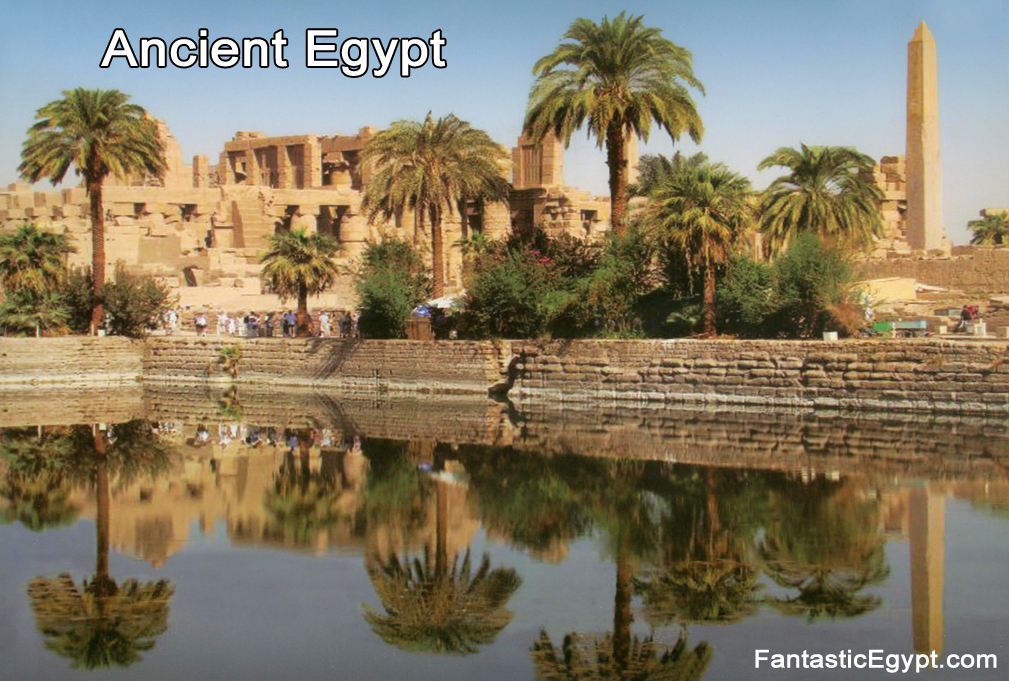Ancient Egypt History: Civilization, Pharaohs, and Culture
Ancient Egypt history is one of the most fascinating chapters of human civilization. Stretching over three thousand years, it produced remarkable achievements in architecture, religion, art, and governance. From the fertile banks of the Nile River in Egypt to the monumental Egyptian pyramids, the legacy of the Ancient Egyptian civilization continues to inspire scholars and travelers alike.
The Origins of Ancient Egypt
The history of Ancient Egyptian civilization began around 3100 BCE, when Upper and Lower Egypt were unified under King Narmer. This marked the start of dynastic rule, where pharaohs became both political and religious leaders. The Nile’s predictable floods supported agriculture, making Egypt one of the most stable ancient societies.
Pharaohs and Political Power
The Pharaohs of Egypt were seen as divine rulers who connected the people with the gods. Leaders such as Ramses II, Hatshepsut, and Akhenaten left behind vast temples, monuments, and reforms. Each dynasty contributed to the shaping of Ancient Egypt history, from military campaigns to the expansion of trade.
Ancient Egyptian Religion and Beliefs
Ancient Egyptian religion played a central role in daily life. Egyptians worshipped many gods, including Ra, Isis, and Osiris. The belief in the afterlife shaped burial practices, with mummies and tombs designed to preserve the body and soul for eternity. This religious devotion influenced art, architecture, and law.
Egyptian Pyramids and Architecture
Among the most iconic achievements of Ancient Egyptian architecture are the Egyptian pyramids, especially the Great Pyramid of Giza. These structures symbolized power, eternity, and engineering brilliance. Temples such as Karnak and Luxor also reflected the grandeur of the pharaohs and their devotion to the gods.
Ancient Egyptian Art and Culture
Ancient Egyptian art was not merely decorative but carried religious and cultural meaning. Wall paintings, sculptures, and jewelry often depicted gods, pharaohs, and daily life. The consistency in style across centuries reflected a culture deeply rooted in tradition, yet capable of great innovation.
Egyptian Hieroglyphs
The Ancient Egyptian Language
Egyptian Hieroglyphs The Ancient Egyptian language was preserved in hieroglyphics, hieratic, and demotic scripts. These writings recorded religious texts, laws, and stories, forming the backbone of Ancient Egypt history. The Rosetta Stone later allowed scholars to unlock this language, advancing the field of Egyptology.
The Role of the Nile River
The Nile River Egypt was the lifeline of the civilization. Its floods enriched the soil, enabling abundant harvests. The river also served as a transportation route, connecting communities and fostering trade. Without the Nile, the rise of such a powerful civilization would have been impossible.
Legacy of Ancient Egypt
The impact of Ancient Egyptian culture stretched far beyond its borders. Innovations in medicine, astronomy, and governance influenced later civilizations, including Greece and Rome. The fascination with pyramids, mummies, and pharaohs continues today, making Ancient Egypt history a timeless subject of study.
Conclusion
Ancient Egypt history is a story of resilience, innovation, and spiritual devotion. From the pharaohs of Egypt to the Ancient Egyptian religion, and from the grandeur of the Egyptian pyramids to the flowing Nile River, every aspect of this civilization left a mark on humanity. Its legacy lives on in museums, archaeology, and the imagination of people worldwide.
For more insights, visit the Metropolitan Museum of Art – Ancient Egypt.

